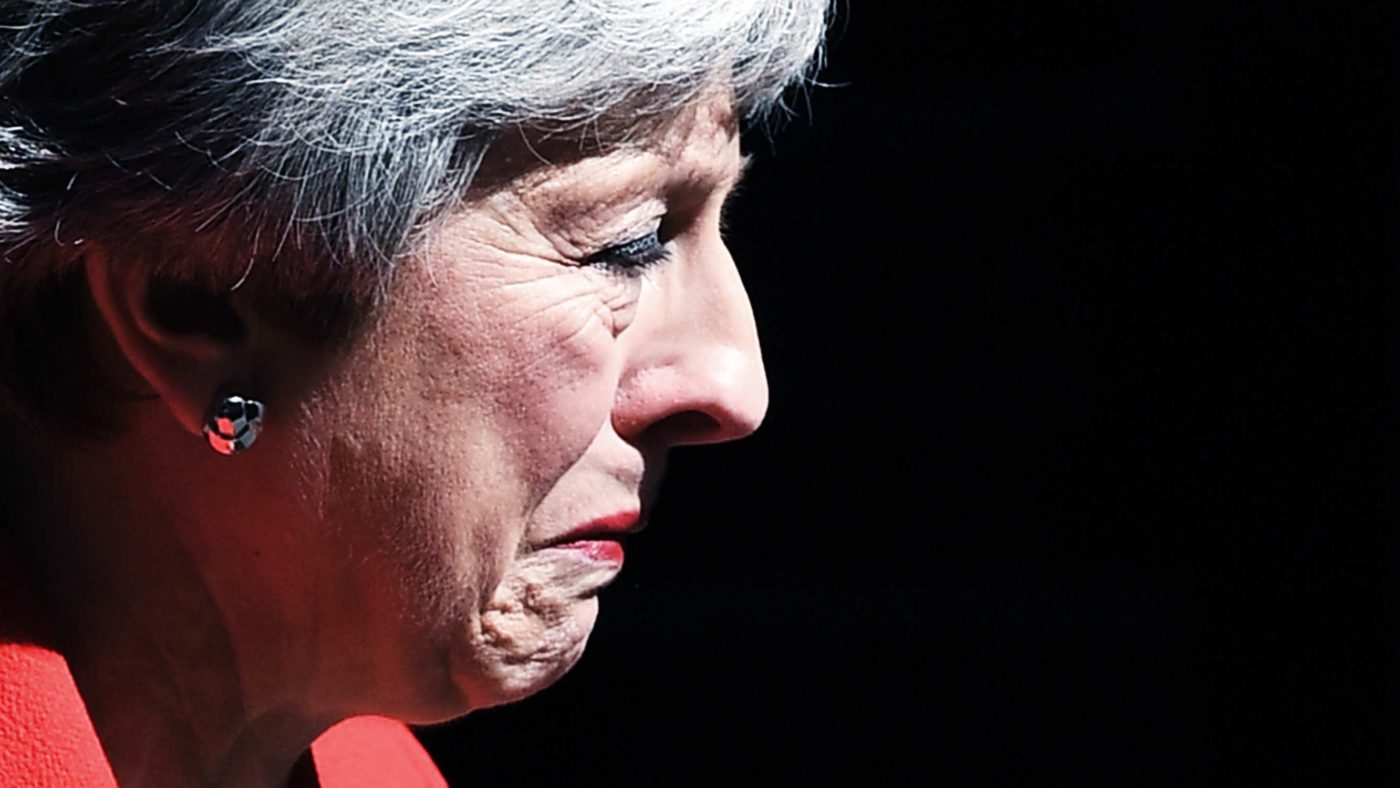She tried. She failed. Those two conclusions about the outgoing Prime Minister are beyond doubt.
The more contentious question is why Theresa May fell short. Was it because of the impossibility of Brexit? Or her handling of the biggest issue of her premiership?
For some, the answer to that question will come from the actions of her successor. The better he or she fares, the worse Mrs May looks. The worse he or she performs, the stronger the case for the Prime Minister’s defence.
But such a comparison will, if anything, be unfair on the next prime minister, who will find him or herself in a considerably more difficult position than Mrs May when she took office. And that is largely thanks to the mistakes of the outgoing Prime Minister.
It is easy to forget just how blank the Brexit canvas was when Mrs May came out of 2016’s summer bloodbath with the keys to Number Ten.
Vote Leave had been deliberately vague about what leaving actually meant. That ambiguity was a necessary ingredient for victory, but it stored up problems for whoever would deliver Brexit. Beyond leaving the EU, the mandate from the 17.4 million was muddled and internally inconsistent.
A row about the referendum’s mandate was inevitable. But, with Britain in uncharted territory, the Prime Minister had latitude, both on the substance of what Brexit meant and how best to deliver it. For some time, the best Mrs May could manage was ‘Brexit means Brexit’.
When she did set out her vision for Brexit, she failed to come clean about the trade-offs. After her disastrous general election campaign cost the Conservatives their majority, her red lines became an electric fence inside which the Prime Minister was trapped.
When the Withdrawal Agreement was finally published, a more talented politician might have changed more minds – and won round more MPs. But Mrs May never showed the salesmanship necessary for this admittedly difficult job. Her opponents defined the deal before she could. And throughout the tortuous effort to win majority support, she stubbonly stuck to her doomed script. A last-ditch grand gesture never came.
The Prime Minister’s frustration is entirely understandable. Very few of the parties involved can be said to have had a good Brexit. The blame for the current meltdown lies at many doors.There’s the destabilising stubbornness of the European negotiating team and the childishness of so many European leaders. There’s the confused Leader of the Opposition and the Remainers who have never taken Leave for an answer. And there are those on the Conservative benches who haven’t been as sincere as Mrs May in their determination to deliver Brexit. But, above all, there is a Prime Minister who did more than anyone else to define the meaning of Brexit.
‘Never forget that compromise is not a dirty word. Life depends on compromise,’ said the Prime Minister when she announced her resignation yesterday. She had in mind uncooperative Brexiteers with what she sees as unrealistic expectations about Britain’s departure from the EU. But those high expectations were ultimately set by Theresa May.
One of the telling things about Mrs May’s downfall is that the language used by her opponents started life on her own teleprompter. ‘No deal is better than a bad deal’ can be heard at Brexit Party rallies and will feature prominently in the leadership pitches over the coming weeks.
For the many ways in which so many parties have failed to rise to the Brexit challenge, the blueprint for the Prime Minister’s demise came from inside Number Ten.
CapX depends on the generosity of its readers. If you value what we do, please consider making a donation.


